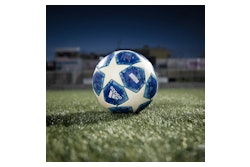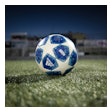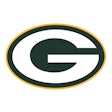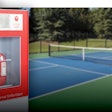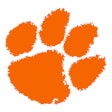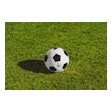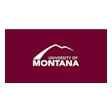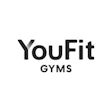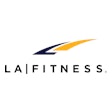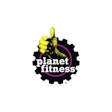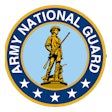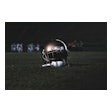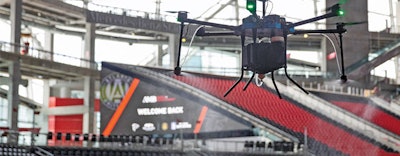
For self-described "sports junkie" Andrew Ashur, the thought of attending a live sporting event amid the pandemic "would produce anxiety."
That may be putting it mildly, as the COVID-19 pandemic rages on throughout the U.S., with spread of the virus reaching uncontrolled levels in many parts of the country as of this writing. Still, technology innovators and forward-thinking sports organizations can combat the virus and create an environment that's as safe as possible for fans and participants alike.
Ashur, the CEO and co-founder of Lucid Drone Technologies, believes that his company offers such a solution in the form of a heavy-lift drone that employs electrostatic spray nozzles to apply disinfecting chemicals to high-touch surfaces in a sports venue in a fraction of the time it would take with a backpack sprayer.
The pandemic has necessitated a new workflow, adding disinfecting to the stadium turnover process. Ashur says being able to do that efficiently is what attracts sports clients to the disinfecting drone. "One of the echoing themes from conversations with different sports venues is, firstly, whether you're like Atlanta, where you have an MLS team and an NFL team, or in many NBA arenas, where you also have NHL games and concerts and whatnot, you typically only have a matter of hours to turn around the facility from one event to another," he says. "And now you're having to add a whole new line-item into your operational workflow, which is this disinfecting. So being able to provide them with a less labor-intensive and more efficient means to get that done gets people in the athletics world most excited."
It's a concept that caught the attention of the Atlanta Falcons organization, which disinfected Mercedes-Benz Stadium in October to become the first professional sports team to deploy the technology. Ashur says that both Baylor and Texas A&M universities have also been working with disinfecting drones. Lucid manufactures the product, trains the appropriate staff in its use, and provides ongoing maintenance and support.
Another high-tech tool that has found its way into NFL facilities was originally intended for perhaps the harshest pathogen environment anyone will come across: a hospital. San Antonio-based XENEX began crafting its LightStrike germ-zapping robots for use in these environments, according to spokeswoman Melinda Hart.
"Studies show that when the hospital's cleaning team, and these are the hardest-working people in the hospital, are getting a room ready for the next patient, less than half the surfaces in that room — so bedrails, tray tables, door knobs, remote control, nurse call button — are disinfected," she says.
XENEX's robots use intense blasts of UV light to deactivate even the toughest bugs — including SARS-CoV-2, the virus that causes COVID-19 — that can linger on surfaces. The robots, each one individually named, use UV light to effectively kill pathogens at a pace of about 5,000 to 7,000 square feet per hour. And while the hospital environment is XENEX's main target, sports organizations such as the NFL's Carolina Panthers are turning to the technology to disinfect everything from equipment to surfaces in shared spaces.
"We began using the robots to disinfect the locker rooms, weight room, rehab areas and offices during camp, and we've expanded utilization throughout the building and throughout the stadium," says Eddie Levins, who serves as the Panthers' director of security and infectious control officer. "We can use it in suites or in any public space that we need a quick down-and-dirty sanitization. We clean it, and then we disinfect it so it's ready to go and people can feel safe coming in here again."
Efficient disinfection was again the key consideration.
"Usually fans would sit in the suites upstairs as the team was running training camp," Hart says, "but they were having players meet in small groups in the suites, and so they would go and disinfect the suite every time the players went there."
The company has now fielded inquiries from all the major North American professional sports leagues, as well as from college athletic departments.
Surface transmission may not be as intense as we had feared at the beginning of the pandemic, when some would take disinfecting wipes to their groceries and package deliveries. Still, any complete response to managing the pandemic should include multiple prongs — with surface disinfection playing its role.
"There's no doubt that the way it transmits most prevalently is through airborne transmission," Ashur says. "Trying to trace direct contact transmission is a little bit more difficult, especially to quantify. But at the end of the day, I think it's an important piece of the puzzle, and we're happy to fill a gap where needed."
This article originally appeared in the January|February 2021 issue of Athletic Business with the title "Drones, robots offer high-tech facility disinfection." Athletic Business is a free magazine for professionals in the athletic, fitness and recreation industry. Click here to subscribe.















